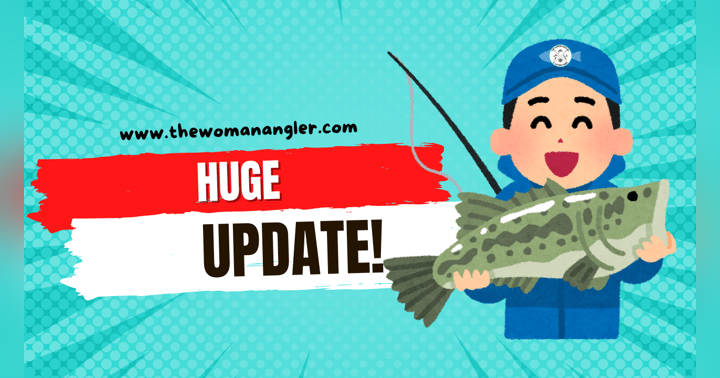Boating Safety for Beginners: 5 Essential Tips

Introduction
Boating can provide hours of enjoyment and relaxation, but it's important to always prioritize safety. As a beginner, it's crucial to be aware of the potential risks and take the necessary precautions to minimize them. In this blog post, we will outline the five most important safety tips for beginners, inspired by the topics covered in our latest podcast episode, "EP. 325 Stay Safe on the Water: Top 5 Boating Safety Tips for National Safe Boating Week" available here.
5 Essential Boating Safety Tips
1. Education is Paramount
Before you set sail, investing in proper education is vital for ensuring a safe and enjoyable boating experience. Consider enrolling in a boating safety course. These courses typically cover essential navigation, boat handling, and safety techniques. They provide practical knowledge and skills that can be applied in real-life boating situations. Additionally, stay informed about local boating regulations and laws to ensure compliance with the required safety protocols.
2. Essential Safety Equipment
Equipping your boat with essential safety gear is non-negotiable. This includes a Coast Guard-approved life jacket for each person on board, a fire extinguisher, a whistle or air horn for signaling, a first-aid kit, and a set of flares or other visual distress signals. Additionally, ensure you have a reliable means of communication, such as a VHF radio or a cellular phone with a waterproof case, to contact emergency services in case of an emergency.
3. Responsible Drinking
Alcohol impairs judgment and coordination, which can lead to dangerous situations on the water. Avoid operating a boat while under the influence of alcohol. Instead, designate a sober skipper who will be responsible for the safe operation of the boat and the well-being of the passengers. If you plan to consume alcohol, do so responsibly and make arrangements for a safe return to shore.
4. Weather Awareness
Weather conditions can change quickly on the water, making it essential to monitor weather forecasts and be prepared for any potential changes. Before heading out, check the local weather forecast and look for any warnings or advisories. Pay attention to changing wind patterns, cloud formations, and any other signs of impending weather changes. If severe weather is expected, do not hesitate to stay ashore or seek shelter.
5. Float Plan Sharing
Before you embark on your boating excursion, always share your float plan with a trusted friend or family member. This plan should include your intended itinerary, departure and arrival times, number of passengers, boat description, and emergency contacts. By sharing this information, help is more likely to reach you quickly should you encounter an emergency.
Conclusion: Safety First on the Water
Boating can be a wonderful recreational activity, but safety should always be at the forefront of your mind. By following these five essential tips, you can significantly increase your chances of a safe and enjoyable boating experience. Remember, education, proper equipment, responsible drinking, weather awareness, and float plan sharing are the building blocks of boating safety. Embracing these principles will not only protect you and your passengers but also show respect for the marine environment and fellow boaters. Have fun out there, and prioritize safety first!








